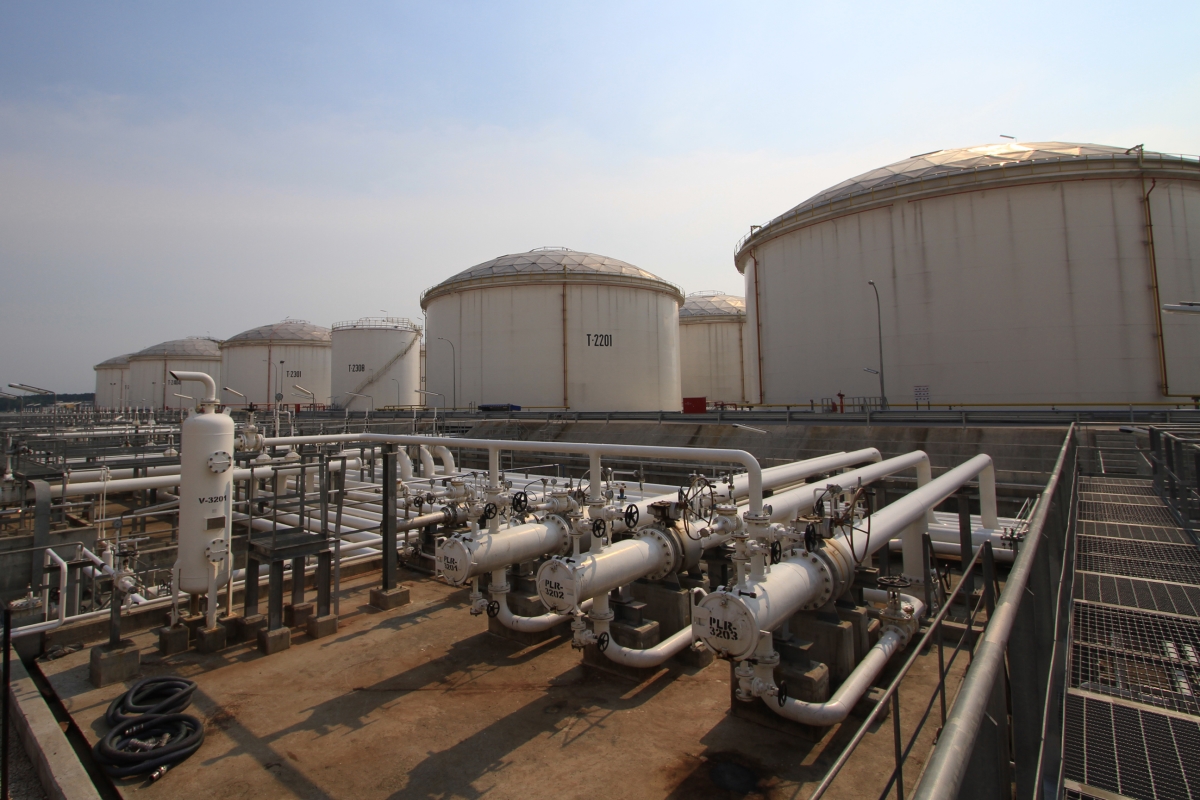
Petroleum, a valuable resource derived from crude oil, has an array of applications that extend beyond fuel. However, it is imperative to recognize its finite nature and the need to explore alternative solutions as extraction levels are projected to reach their peak by 2050 [1]. This blog aims to shed light on the various uses of petroleum and the importance of planning for alternative options when our natural reserves eventually deplete.
Key Uses of Petroleum
1. Transport fuel
Crude oil can be refined into petrol and diesel that is used to power our vehicles. Everything with an internal combustion engine, from motorcycles to cars, vans, trucks and even airplanes, runs off either petrol or diesel which is derived from crude oil.
2. Energy
Crude oil can be refined into heating oil which is used to provide heating and hot water to properties that are not connected to a gas mainline. Crude oil is also used to create electricity, through a process in which oil is burned to heat water, producing steam which propels turbine blades which are attached to a generator that creates electricity.
3. Asphalt
Asphalt that is used to create our roads and public infrastructure is derived from crude oil. The process involves separating the hydrocarbons within the crude oil using solvents such as propane and hexane.
4. Chemicals
The primary chemicals derived from boiling petroleum are ethane, LPG, and naphtha. These are predominantly used to make polymers for plastics and synthetic fibres.
5. Plastics
Ethane and propane are derived from the crude oil refinery process, in which crude oil is heat treated in a process called cracking. Once ethane and propane are extracted, they can be combined to create a number of different polymers.
6. Synthetic materials
The crude oil refinery process also develops synthetic fibres, including polyester and nylon which are used in many clothing items, and resins such as epoxy. Other uses for synthetic materials are vehicle components, building materials, electronics and different types of packaging.
Considering Alternatives
Fossil fuels have undeniably become ingrained in our everyday lives, providing numerous benefits across domestic and industrial sectors. However, it is essential to envision a future where these resources may no longer be available. To address this potential challenge, extensive research, testing, and launch of alternative products are crucial. Remaining crude oil stocks should be prioritized for applications where no viable alternatives exist.
For instance, transitioning to electric-powered vehicles could ensure the availability of jet fuel for airplanes and ships. Similarly, promoting the use of natural materials like wool and cotton in clothing could reduce reliance on cheaper synthetic fabrics.
To Conclude
While the uses of petroleum extend beyond fuel with its diverse applications, the greatest benefit is still derived from its use as fuel. To optimize the remaining crude oil stocks and meet the world’s fuel demands, exploring alternatives to other petroleum-derived products becomes imperative. By acknowledging the finite nature of crude oil reserves, we can proactively identify and develop substitutes for a sustainable future.
Resources:
[1] https://education.nationalgeographic.org/resource/petroleum/